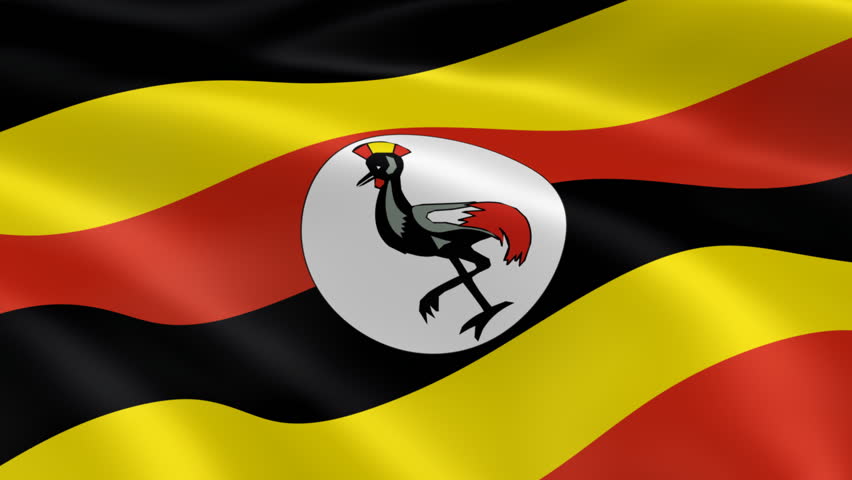The Ugandan government last week withdrew from parliament a proposed constitutional amendment Bill that sought to allow compulsory acquisition of private land for infrastructural development.
Article 26 of the Constitution provides that no person shall be compulsorily deprived of his property except after adequate compensation.
The amendment proposed to insert a clause in the law to enable the government, in case of a valuation dispute, to deposit in court the compensation amount as assessed by the official government valuer before taking over ownership of the land for infrastructure projects.

The landowner would be at liberty to take the compensation money or continue pursuing the court process in case they remained dissatisfied.
The move came against the backdrop of massive infrastructural projects lined up by the government. The projects are the standard gauge railway, power dams and transmission lines, roads and industrial parks.
In the memorandum of amendment of the Bill, Constitution Affairs Minister Gen Kahinda Otafiire said its purpose was to resolve the problem of delayed implementation of government infrastructure projects due to disputes arising from the land acquisition process.
The issue has been repeatedly raised by the Uganda National Roads Authority executive director, Allen Kagina.
The Bill, which was tabled in parliament last year, sparked anger from opposition, civil society, religious leaders, cultural leaders and some ruling party legislators, with many claiming that it deprives the people of their constitutional right to own property.
Those opposing the Bill say that there is no need for amendment of the Constitution because the existing laws already provide for how to deal with issues of delays.
Critics say the Bill was not welcomed mainly because the government has not been a good custodian of public land and not been disciplined enough to compensate those who surrender their land for projects.
The media has over the years reported cases of delayed compensation and legal battles in areas where roads have been constructed like Hoima, Ntungamo, Mityana, Kitgum and Kabarole.
In other cases, the government officials have undervalued people’s land, retaining most of the compensation for themselves.
In 2016, President Museveni instituted a commission of inquiry into land led by Justice Catherine Bamugemereire, which unearthed several land fraud cases involving high-ranking government officials.
Medard Lubega Sseggona, the Busiro East Member of Parliament, a vocal critic of the Bill, told The EastAfrican that the projects have stalled simply because of poor planning and corruption.
“These people do not organise in time. They know well ahead of time where the projects will pass but they wait until the owners build houses there, then they come to construct the roads,” Mr Sseggona said.
“Also these very people sometimes buy this land cheaply and they want government to give them huge compensation.”
Bill to return
While withdrawing the Bill, Deputy attorney general Mwesigwa Rukutana told parliament that there was need for more consultations and time since the Bill directly affected people’s livelihoods.
Efforts to reach Mr Rukutana for when the Bill could likely be re-tabled were futile as our calls went unanswered.
Many see the withdrawal as tactical move by government to cool the tense public pressure as they plan to bring the Bill back in parliament in the near future.
“It was brought in bad faith and the person who brought it is still around so definitely you will see it back in parliament,” Mr Sseggona said.

